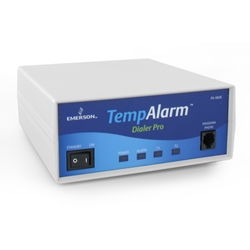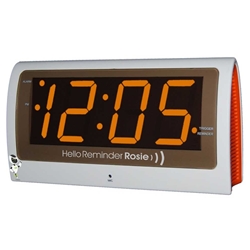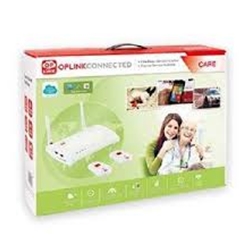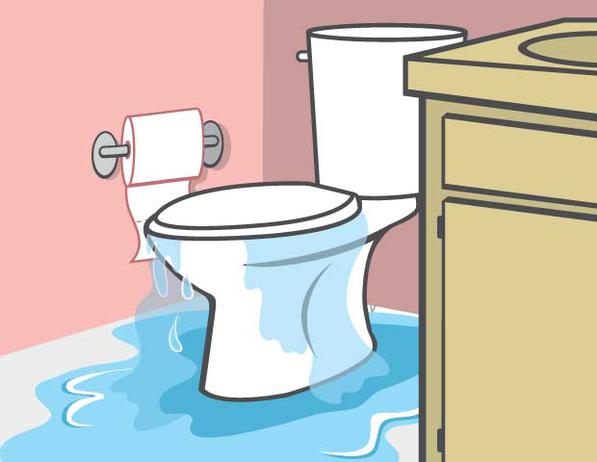Seniors are at an increased risk for accidents, injuries and other emergencies when temperatures dip and there are hazardous conditions outside and on the roads, so it’s important for family and friends to makes sure their seniors are prepared properly for the long, cold winter.  If you know a senior who lives alone in a cold climate, here are some winter safety tips to keep them comfortable and healthy in the months ahead. 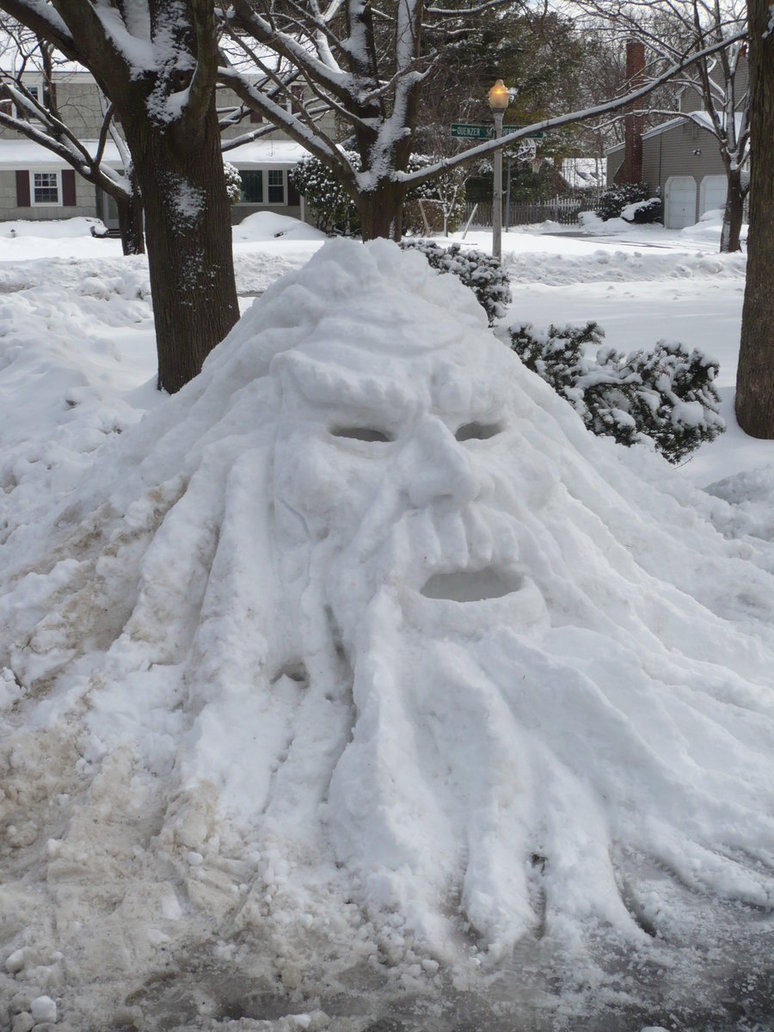
Make Heating a Priority
1) Â Check the furnace
To avoid problems with the heating system when winter is in full swing, schedule a furnace inspection early in the season. Â Have the contractor clean or replace filters and make any necessary repairs.
2) Â Clean the chimney and flue
If your senior’s home has a fireplace or wood/pellet stove, make sure the chimney and flue are clean of creosote and soot to prevent chimney fires and improve efficiency.  If you don’t want to spend money on a professional chimney sweep, use a do-it-yourself chimney cleaning system that makes it easy to clean the chimney from inside the home without getting up on a ladder.
3) Â Stock up on fuel
Fill the oil, propane or kerosene tanks and arrange for a delivery of seasoned firewood or wood pellets.
4) Â Install a freeze emergency alarm for notifications of a furnace failure
There are many affordable devices that will alert neighbors or family if a senior’s home has lost heat, including a battery-powered temperature warning light that sits in front-facing window and flashes red when temperatures fall below 30o .  There are also various freeze alarms that automatically call a family member or caregiver when the indoor temperature plummets.
Prepare your Senior to be Housebound
1) Â Buy extra food and bottled water
Stock up the cupboard with a week’s supply of non-perishable food and a couple of gallons of drinking water. Get your senior a hand-operated can opener to use during power outages.
2) Â Fill prescriptions of critical medications
Don’t let important meds run low during the winter.  Switch your senior’s prescriptions to a local pharmacy that makes home deliveries or sign up with a mail order pharmacy so no one has to venture out in bad weather to pick up medications. Set up a “Reminder Rosie†voice controlled clock to remind your senior when its time to take his meds. Rosie has a backup battery so she’ll keep working during power outages…and since she talks, she’s actually good company!
3) Â Prevent cabin fever by having family, neighbors or a caregiver call or stop by
Winter can be a time of boredom, isolation and seasonal depression for seniors, especially when housebound. Make sure your loved one has a good telephone system so they can make calls easily and enjoy conversations. A phone such as the Amplicom PowerTel 7 with big easy-to-read buttons, amplified volume, a two-way speakerphone and a built-in answering machine is a favorite among people with hearing or sight problems.
4) Â Equip them with a weather alert radio for NOAA forecasts and emergency info
Seniors will wonder how long they will be housebound. A weather alert radio provides them with official, up-to-the-minute information on weather, local hazards and other emergencies. The Midland 22-Channel GMRS Emergency Crank Weather Radio has five power options including a hand crank so it will still works during power outages or when the batteries are dead.
Plan for Power Outages
1) Â Stockpile flashlights and extra batteries
In addition to conventional flashlights, get your senior a hand-crank flashlight that works without batteries.  It’s a reliable source of emergency lighting that they can count on every time.
2) Â Provide an alternative source of heat
Seniors should have a safe (non-electric) way to stay warm during power outages, such as a wood stove, kerosene heater or efficient wood-burning fireplace. But remember that burning wood or kerosene can produce deadly CO gases!  Make sure the area is properly ventilated and install a carbon monoxide detector and a smoke detector. An even better way to protect seniors is a monitoring system like the Sensaphone 400 and smoke/CO detector accessory that automatically sends telephone alerts to family or friends if there is a smoke or toxic gas emergency.
3) Â Provide them with a reliable way to call for help
A power outage can make it difficult or impossible for seniors to get help, especially if there is a medical emergency.  Set them up with a personal alert system so they can contact family, friends or emergency services if they need assistance.  One easy option is to add a wristband transmitter to their amplified PowerTel 7 phone.  It has a built-in panic button that lets seniors signal for help, even if they’ve fallen and can’t get to a phone. Or consider a smartphone-controlled system like the Oplink Connected Care that lets family and caregivers monitor live video of their senior on a smartphone.  It comes with two wearable panic buttons, one IP camera with night vision and an inactivity sensor.
Keep Them Active and Healthy
1) Â Encourage indoor exercise
Seniors who are mobile should move their bodies by walking in place or doing laps around the house. Wearing a pedometer or heart rate monitor can encourage movement while helping them exercise within safe limits.
2) Â Prevent dehydration
Remind your senior to eat well-balanced meals that include lots of vegetables and fruits and drink plenty of water.
3) Â Avoid hypothermia
Older adults are especially vulnerable to hypothermia, which can be deadly if not treated quickly. Lower body heat, inactivity, illnesses such as diabetes and some medications also put older adults at risk of hypothermia. To avoid danger, seniors should stay inside during extreme cold and windy weather; keep their home heated to between 68o – 70o F; and dress in layers including long underwear, socks, slippers and sweaters.  If you want to make your senior really happy and comfortable, install a remote controlled wireless thermostat in their home and they’ll be able to adjust the heat without getting up from their seat!
Summary
Winter’s cold temperatures can present safety challenges for seniors, especially those folks who are living independently. Families can help seniors stay healthy and avoid accidents by taking these steps to prepare them for weather-related emergencies. As winter drags on, be mindful that seniors often feel isolated, so reach out to them often or arrange for a neighbor or caregiver to stop by on a regular basis to check up on them and provide companionship.


